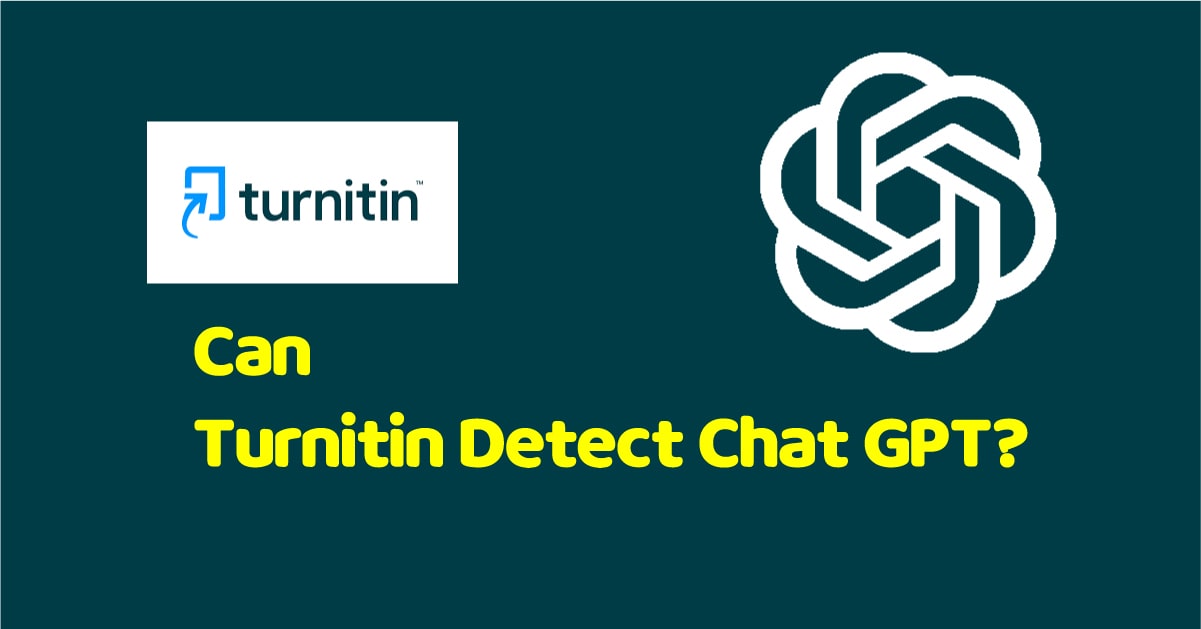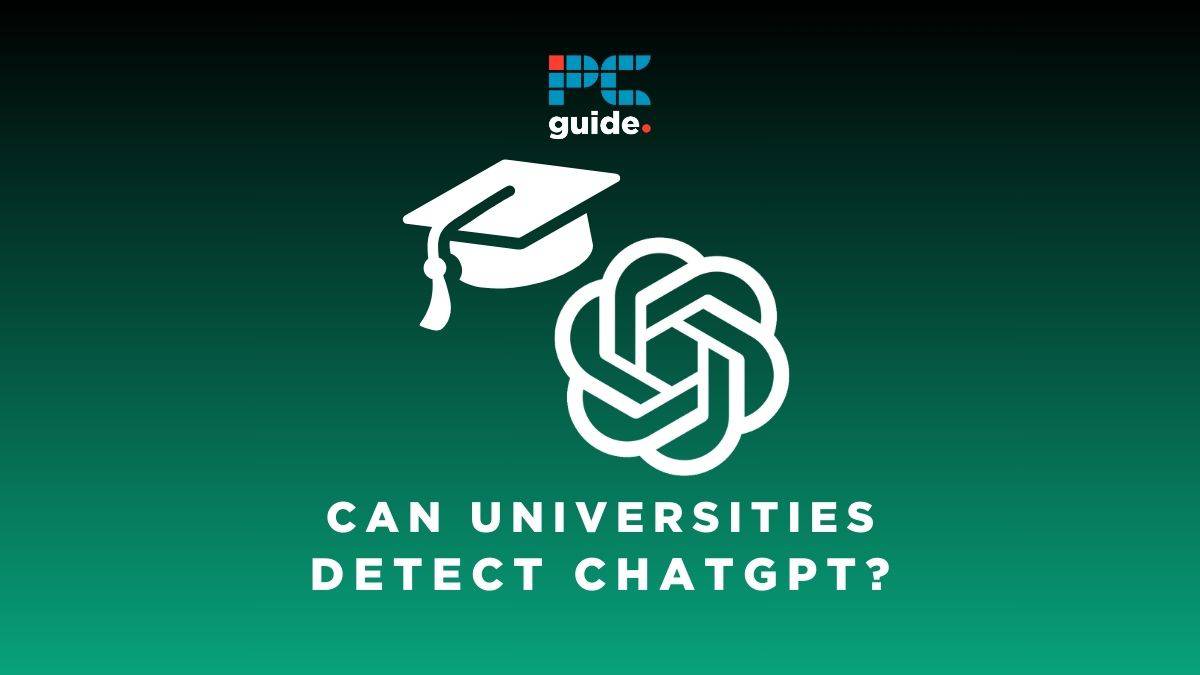The rise of advanced language models like Kami has introduced a new dimension to academic integrity. As these AI tools become increasingly sophisticated, educators are faced with the challenge of discerning between genuine student work and AI-generated content. This article explores the methods professors use to identify AI-written text, the ethical implications of AI use in academia, and strategies for preventing its misuse.
While AI can be a valuable tool for learning and research, its use in completing academic assignments raises concerns about plagiarism and the erosion of genuine learning experiences. This article delves into the complex interplay between AI technology, academic integrity, and the future of education.
Strategies for Preventing AI Use

While the advent of AI tools like Kami presents both opportunities and challenges in education, preventing their misuse is crucial for maintaining academic integrity. Professors can implement various strategies to discourage AI use in their classrooms, fostering a learning environment that values critical thinking and original work.
Open Communication and Clear Expectations
Establishing clear expectations regarding AI use is essential for preventing its misuse. Professors should openly discuss the ethical implications of using AI tools for academic purposes, emphasizing the importance of originality and intellectual honesty.
- Explicitly state the policy on AI use in the syllabus:This should clearly define what constitutes acceptable and unacceptable use of AI tools. For example, professors can specify whether using AI for brainstorming or generating ideas is allowed but using it to complete assignments is prohibited.
- Communicate the rationale behind the policy:Explaining the reasons behind the policy, such as the importance of developing critical thinking skills and fostering originality, can enhance student understanding and buy-in.
- Engage in open discussions about AI in class:Encourage students to share their thoughts and concerns about AI use in academic settings. This fosters a dialogue that promotes ethical awareness and critical reflection.
Creative Assignment Formats and Assessment Methods
Professors can design assignments that are less susceptible to AI use by incorporating elements that require critical thinking, creativity, and personal engagement.
- Incorporate real-world applications and case studies:Assignments that require students to apply concepts to real-world scenarios, analyze case studies, or conduct research using primary sources are less likely to be easily completed by AI tools.
- Focus on process and reflection:Encourage students to document their thought processes, research methods, and creative approaches. This emphasizes the journey of learning and encourages deeper engagement with the subject matter.
- Use open-ended prompts and creative tasks:Assignments that require students to generate original ideas, solve problems creatively, or express personal perspectives are more difficult for AI tools to replicate effectively.
- Incorporate group work and collaborative projects:Collaborative assignments encourage students to engage with each other, share ideas, and develop their own unique perspectives. This reduces the likelihood of individual reliance on AI tools.
- Utilize oral presentations and debates:These assessments require students to demonstrate their understanding and critical thinking skills in real-time, making it challenging for AI to provide assistance.
- Implement in-class writing and problem-solving exercises:These assessments require students to demonstrate their knowledge and skills under time constraints, making it difficult for them to use AI tools effectively.
The Future of AI in Education

The integration of artificial intelligence (AI) into education is rapidly evolving, promising to revolutionize how students learn and teachers teach. From personalized learning experiences to automated assessment tools, AI holds the potential to transform the educational landscape in profound ways.
Potential Impact of AI on Education
AI’s impact on education is expected to be multifaceted and far-reaching. Here are some key areas where AI is likely to play a significant role:
- Personalized Learning:AI-powered platforms can analyze student data, including learning styles, strengths, and weaknesses, to tailor educational content and pace to individual needs. This personalized approach can enhance student engagement and improve learning outcomes.
- Adaptive Learning Systems:AI algorithms can dynamically adjust the difficulty of learning materials based on student performance, providing real-time feedback and support. This adaptive learning approach can help students learn at their own pace and master concepts effectively.
- Automated Assessment:AI tools can automate the grading process, freeing up teachers’ time for more personalized instruction and feedback. AI can also provide detailed insights into student performance, helping teachers identify areas where students need additional support.
- Enhanced Accessibility:AI can make education more accessible to students with disabilities by providing tools for text-to-speech, speech-to-text, and other assistive technologies.
AI Tools for Enhanced Learning and Assessment
Several AI-powered tools are already being used in educational settings to enhance learning and assessment:
- Chatbots:AI-powered chatbots can provide students with instant answers to questions, helping them learn independently and at their own pace. Chatbots can also be used to provide personalized support and guidance.
- Virtual Tutors:AI-powered virtual tutors can provide individualized instruction and support to students, offering personalized explanations, practice problems, and feedback.
- Intelligent Tutoring Systems:These systems use AI to analyze student performance and provide personalized feedback, guidance, and support, helping students learn at their own pace and master complex concepts.
- Automated Essay Grading:AI algorithms can analyze student essays, providing feedback on grammar, style, and content, helping teachers streamline the grading process and provide more targeted feedback.
Ethical and Pedagogical Challenges of AI in Education
While AI offers significant opportunities for enhancing education, its integration into educational settings also presents ethical and pedagogical challenges:
- Bias and Fairness:AI algorithms can inherit and amplify existing biases in data, leading to unfair or discriminatory outcomes for certain groups of students. It is crucial to ensure that AI tools are developed and used in a way that promotes fairness and equity.
- Privacy and Data Security:The use of AI in education raises concerns about student privacy and data security. It is essential to establish clear guidelines and regulations for data collection, storage, and use to protect student information.
- Over-reliance on Technology:Over-reliance on AI tools can lead to a decline in critical thinking skills and human interaction. It is important to strike a balance between using AI to support learning and fostering human-centered education.
- Teacher Training and Support:Teachers need adequate training and support to effectively integrate AI tools into their teaching practices and address the ethical and pedagogical challenges associated with AI.
Final Review

The integration of AI into education presents both opportunities and challenges. While AI tools can enhance learning and assessment, educators must remain vigilant in promoting academic integrity and ensuring that students develop critical thinking and writing skills. Open communication, clear expectations, and innovative assessment methods are crucial in navigating this evolving landscape.
As AI technology continues to advance, the ethical and pedagogical implications of its use in education will require ongoing discussion and adaptation.
FAQ Overview
How can professors prevent students from using AI to complete assignments?
Professors can implement various strategies to deter AI use, such as designing assignments that require critical thinking and original analysis, conducting in-class writing activities, and emphasizing the importance of academic integrity.
What are the potential benefits of AI in education?
AI tools can offer personalized learning experiences, provide feedback and support, and automate administrative tasks, allowing educators to focus on student engagement and development.
What are the ethical concerns surrounding the use of AI in education?
Ethical concerns include the potential for AI to perpetuate biases, the impact on student learning and critical thinking skills, and the need to ensure equitable access to AI tools.
